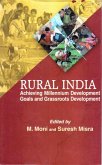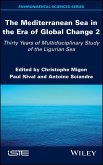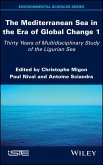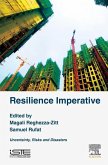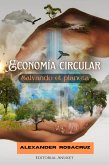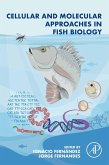Ecology is the study of the "relationships among living organisms or between them and the physical environment." There are a number of approaches to a human ecology that have been applied since the early 1980s. These represent the increasing specialization in anthropology, not only by the subfields that were described earlier on, but also by different theoretical approaches. The branch of science that deals with how living things, including humans, are related to their surroundings is called ecology. Earth supports some 5 million species of plants, animals, and microorganisms. These interact and influence their surroundings, forming a vast network of interrelated environmental systems called ecosystems. The arctic tundra is an ecosystem and so is a Brazilian rainforest. The Impacts of Pollution and Other Stresses on Ecosystem Structure and Function. Environmental ecology is defined by Bill Freedman as "the impacts of pollution and other stresses on ecosystem structure and function." He states in the preface to Environmental Ecology that his goals are to provide a text for undergraduate upperclassmen or graduate students and a source of information for courses and for professionals with an interest in environmental science. This book provides a systemic approach to understand this subject.
Dieser Download kann aus rechtlichen Gründen nur mit Rechnungsadresse in A, B, BG, CY, CZ, D, DK, EW, E, FIN, F, GR, HR, H, IRL, I, LT, L, LR, M, NL, PL, P, R, S, SLO, SK ausgeliefert werden.



